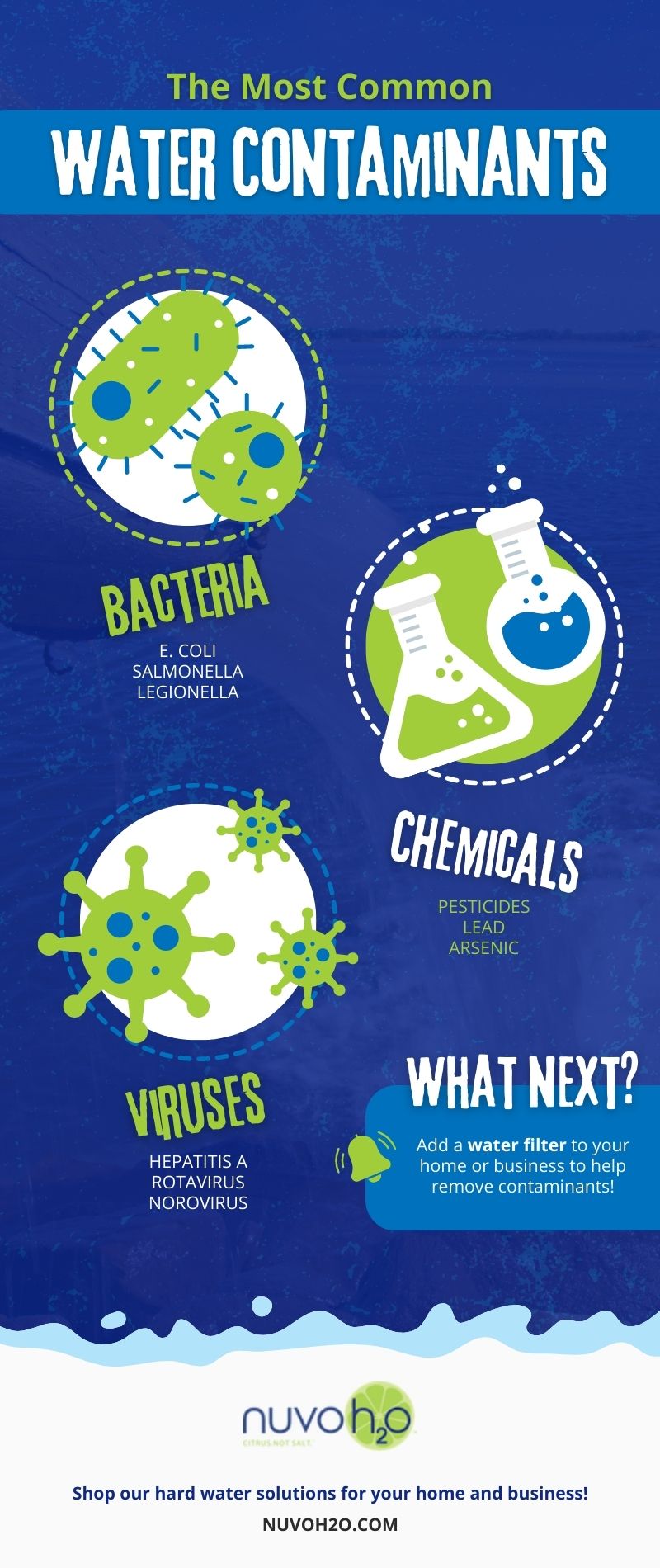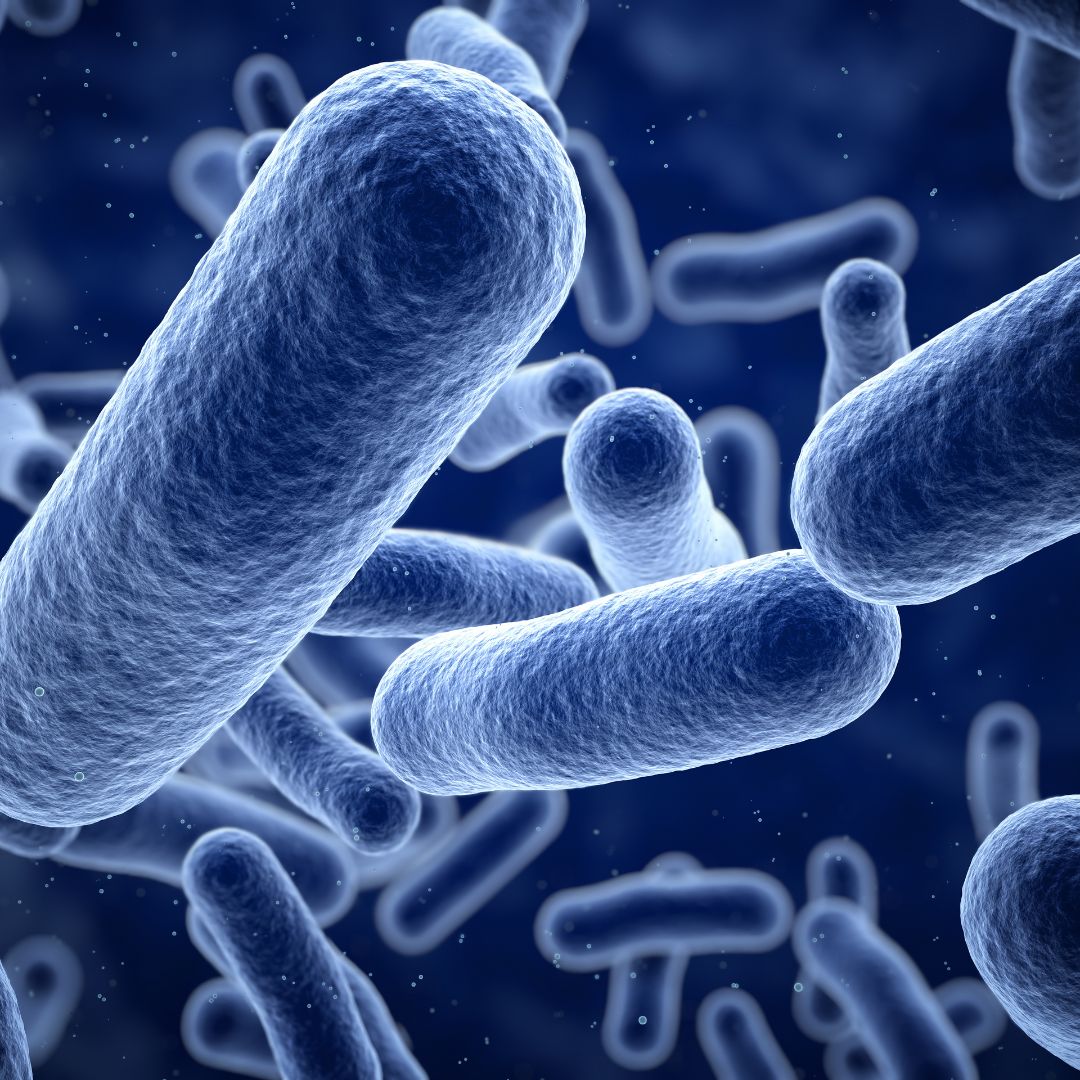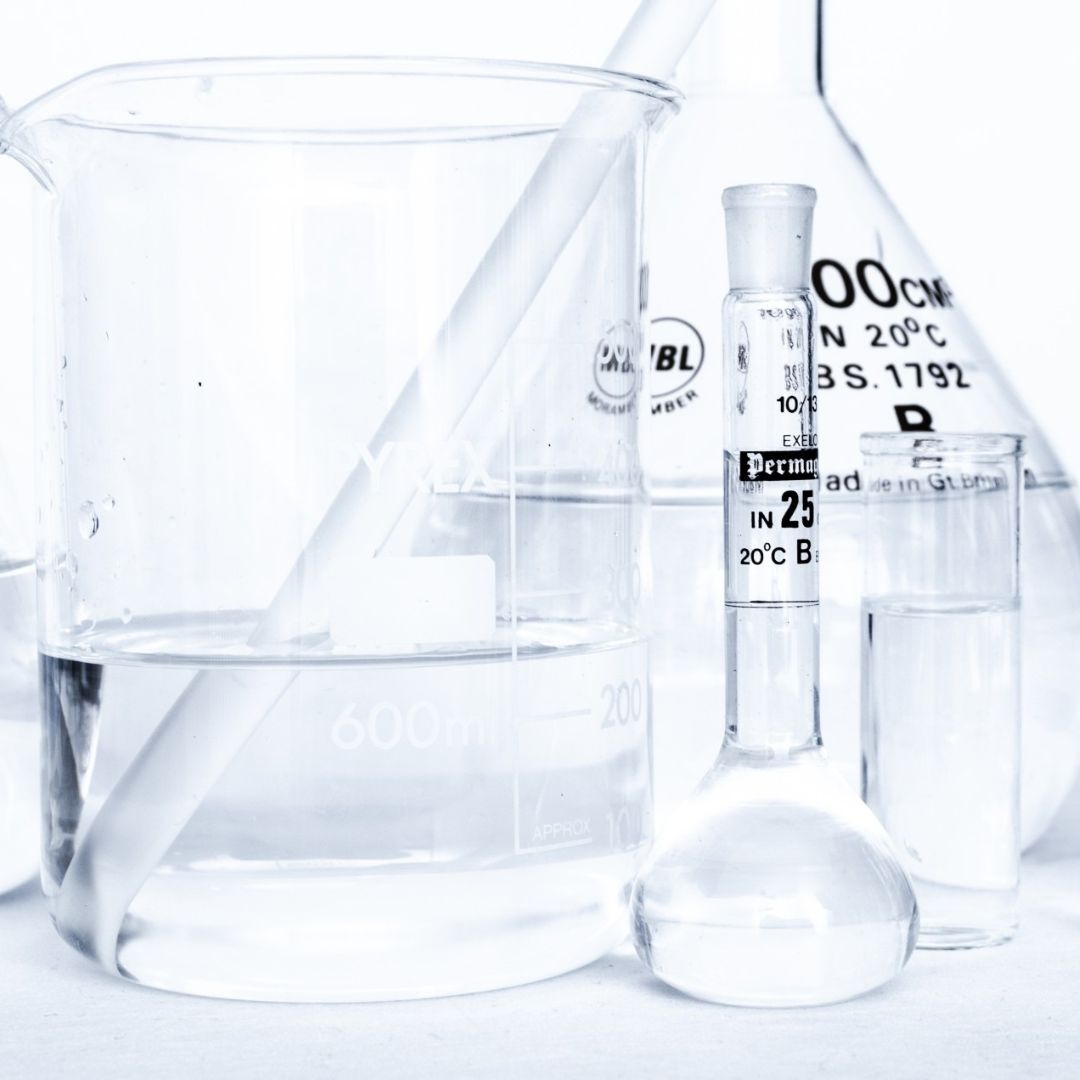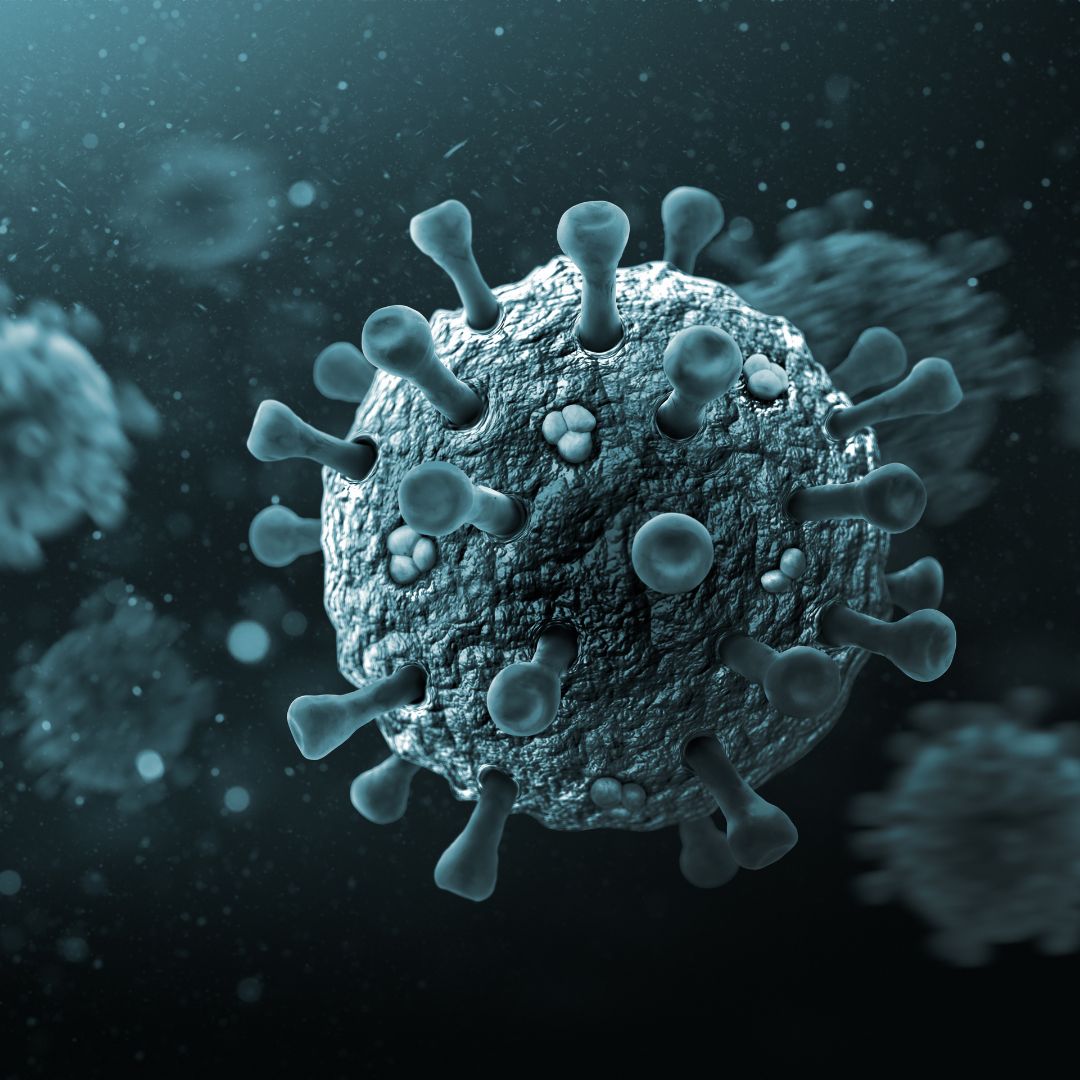Most people don’t realize the sheer number of possible contaminants in the water they use and drink. From pollutants to bacteria, the threats to our health are numerous. NuvoH2O has outlined some potential harmful agents that may be present and negatively affect your water quality.


Bacteria And Microorganisms
Bacteria are the most common water contaminants and are the most likely to cause water-borne illnesses. Bacteria can enter water sources through human and animal waste, which can carry harmful pathogens such as E. coli, Salmonella, and Legionella. These bacteria can cause a range of illnesses, including diarrhea, vomiting, and fever. To protect against bacteria, it is important to boil water for at least one minute before drinking it. Additionally, filtration systems can help to remove large particles from the water and can improve your water quality.

Chemicals
Chemicals such as pesticides, lead, and arsenic can also contaminate water sources. These chemicals can enter water sources through agricultural runoff, industrial waste, and sewage. Ingesting these chemicals can cause a range of health issues, such as cancer, reproductive problems, and neurological issues. To protect against chemicals, it is important to use a water filter that is designed to remove these contaminants. Additionally, steps should be taken to reduce the number of chemicals entering water sources in the first place. One way to accomplish this is through the implementation of stricter regulations on agricultural practices, such as limits on fertilizers and pesticides.

Importance of Quality Water Filtration
Water filtration systems come in a variety of sizes and styles. Some of the most common types of water filtration systems include reverse osmosis, activated carbon, and ultraviolet systems. Reverse osmosis systems are designed to remove impurities and contaminants from water by forcing the water through a semi-permeable membrane. Activated carbon systems use activated carbon to adsorb pollutants, while ultraviolet systems use ultraviolet light to kill bacteria and other microorganisms.
Using a quality water filtration system is essential for numerous reasons. For starters, it helps to reduce the risk of waterborne illnesses. Contaminants like bacteria and viruses can be present in water, and without proper filtration, these contaminants can make their way into our drinking water. Additionally, quality water filtration systems can help to remove chlorine, lead, and other chemicals that can be harmful to our health if consumed in high quantities.
Finally, installing a quality water filtration system can also help to improve the taste and odor of your water. Many contaminants can have an unpleasant taste or odor, which can be minimized or eliminated with a proper filtration system.
NuvoH2O understands the importance of high-quality water in your home and has many products available to help ensure what you’re drinking and using in your daily life is of the highest standards. Our whole-home water softener systems are designed to remove the effects of hard water without removing the beneficial minerals that already exist in your water supply. Our mission is to help you enjoy better water, so shop our products to find the perfect solution for your home.







